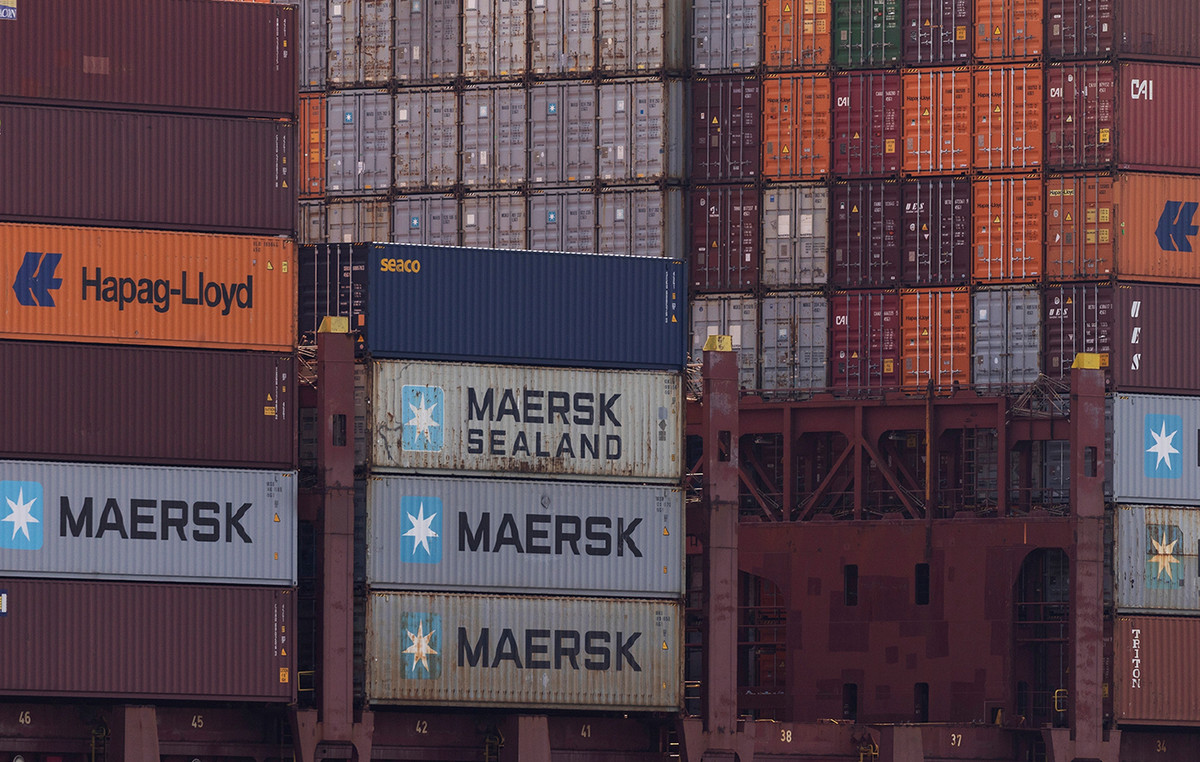LAST UPDATE: 16.08
With or without sanctions, Russian billionaires will face new obstacles in their international activities, as Russian President Vladimir Putin “closed the curtain” on the possibility of Russian companies holding their shares listed on foreign stock exchanges, according to Bloomberg.
Under a new legal framework ratified by the Russian head of state on April 16, Russian companies are required to go public, if their shares are traded there, in a process that has already begun since its inception. first invasion of Ukraine in 2014, when Russia also occupied and annexed the Ukrainian peninsula of Crimea.
The new framework could force Russia’s richest man, Vladimir Potanin, as well as steel billionaires Vladimir Lisin and Alexei Mordasov, to reconsider the ownership structure of their businesses. and pay a dividend in foreign currency.
“Most companies and their major shareholders, in cases where they were listed on foreign stock exchanges, benefited from financial freedoms and economic ties with the West,” said Anton Zatolokin, head of research at Otkritie Broker. “By destroying what was built for 30 years, they receive a direct and indirect blow.”
Few things had symbolized in the late 1990s and 2000s the rising economic momentum and Russia’s growing integration into the global financial system as much as the country’s largest companies, such as MMC Norilsk Nickel PJSC and Lukoil PJSC, wrote programs. GDR in New York, London and Frankfurt.
From a peak of $ 17 billion in 2007 alone, Russian IPOs abroad have declined in recent years, according to Bloomberg. Since the annexation of Krmaia, they have totaled just $ 6 billion, and the wave of sanctions has shown how vulnerable Russian companies are to exposure to foreign markets when the geopolitical situation worsens.
Some tycoons took the opportunity to lower their companies’ share price to increase their stake. The Chairman of the Board of Lukoil, Vagit Alekperov, has been collecting his company’s stock documents from the market for years, again according to Bloomberg estimates.
Since the day of the Russian invasion of Ukraine on February 24, the trading of Russian companies’ repositories of documents has been “frozen” in many foreign stock exchanges. The international sanctions that followed have targeted tycoons, banks, but also Russia’s international foreign exchange reserves, while the shares of the country’s listed companies fell within a few days.
Any GDR trading of Russian companies on foreign stock exchanges should be stopped within 10 days from the publication of the law. The legal framework, however, allows for specific exceptions for companies that will apply for a special license to continue trading abroad.
Foreign holders of canceled GDRs can receive regular shares of the companies, which will be deposited in the accounts of non-residents in Russia. Since the day of the invasion, capital controls have banned the sale of foreign Russian bonds, making it impossible for anyone to sell their shares and repatriate cash.
“The rights of shareholders who have believed in Russia and invested in the Russian market for many years – and who cannot directly acquire Russian shares – are being violated,” Lisin said in an interview with the Russian newspaper Kommersant this month. “They have nothing to do with politics and are in danger of seeing their property rights disappear.”
The procedures have started
The Anglo-Russian green energy and metallurgy group EN +, as well as the Russian energy Tatneft, became today the first Russian companies to start the process of exporting their GDRs from foreign stock exchanges, according to Reuters.
EN + and Tatneft, both listed on the London Stock Exchange, said they were considering how to terminate their GDR programs, although Tatneft said it might seek special permission to continue its foreign exchange presence.
Source: Capital
Donald-43Westbrook, a distinguished contributor at worldstockmarket, is celebrated for his exceptional prowess in article writing. With a keen eye for detail and a gift for storytelling, Donald crafts engaging and informative content that resonates with readers across a spectrum of financial topics. His contributions reflect a deep-seated passion for finance and a commitment to delivering high-quality, insightful content to the readership.







